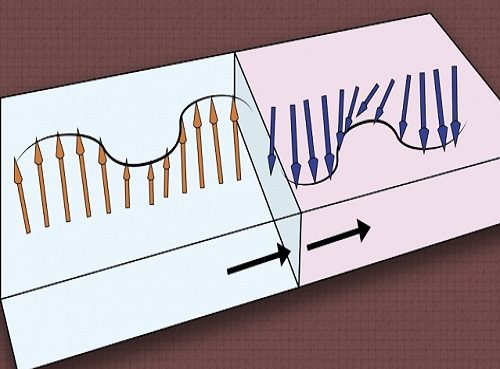Over £1.3m (~€1.5m) has been awarded to six innovators of clean cooking, which offer alternatives to using biomass fuels like charcoal and wood.
Funded by UK aid, The Modern Energy Cooking Services (MECS) initiative is managed by Loughborough University in partnership with the World Bank’s Energy Sector Management Assistance Programme (ESMAP).
Over one third of the world’s population cook using fuels that are know polluters. These polluting fuels lead to around four million premature deaths each year. Using charcoal and wood to cook has a significant impact on climate change, contributing 3% of the total carbon dioxide emissions every year.
The £30.8m MECS programme aims to find a way to move individuals away from biomass fuels and towards electricity as a way to cook their food. Another aim of this research is to provide clean cooking options to the 1 billion people who do not have access to electricity.
Rocío Pérez Ochoa, co-founder and director, commented: “At Bidhaa Sasa we have been trying to ‘crack’ the adoption of clean cooking technologies in rural areas in Kenya for the last four years.
“This collaboration with MECS will help us understand better our target market, low-income rural women, their aspirations and needs as well as come up with better marketing strategies to increase the awareness of technologies such as efficient cookstoves, LPG gas and electric appliances.”
Professor Ed Brown, National Co-Coordinator of the UK Low Carbon Energy for Development Network at Loughborough University and the Principal Investigator of MECS, said: “We are really excited about the wide range of innovations that we are supporting through the MECS challenge fund activity.
“We are working with nearly 30 organisations who are bringing new approaches, technologies and skills to the struggle to bring modern energy cooking services to the billions that currently don’t have access. This is impact-focused research in action.”
Source: scitecheuropa










